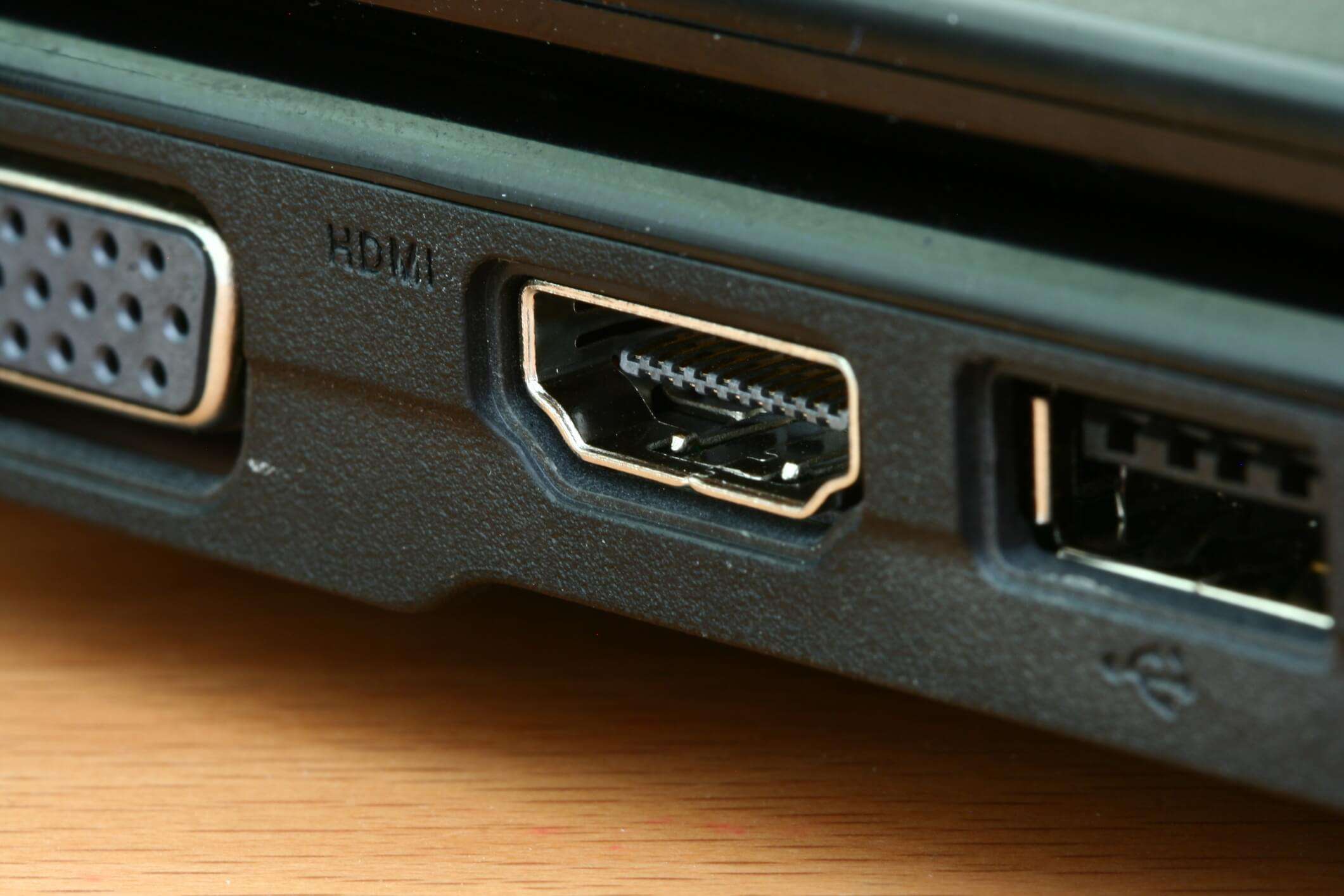How to become an electrician
With the start of a new year and resolutions in full swing, many people choose this time to reassess their career and look into changing jobs or retraining. In fact, the in the past year, three out of five workers were planning on making a change to their career.
And, with 10% planning on learning a new skill, it’s no wonder jobs in trade industries, such as electricians, have become so popular again.
Here we will take a look at how to make the move and become a qualified electrician.
Basic qualifications
Firstly, you will need to make sure you have the right qualifications to enable you to do the job. This can be achieved either through on the job training with an apprenticeship or by studying for diplomas and NVQs. You’ll just need to decide which option suits you better.
Gaining the right training and qualifications takes time and being an electrician isn’t a quick-fix career change so it’s worth assessing finances and time commitments before making a decision.
Other skills
Becoming an electrician isn’t just about the training or qualifications. Skills such as attention to detail, teamwork, using initiative and being able to work under pressure are important in this industry, particularly when it comes to safety.
Knowledge of maths, physics and other sciences is also useful when working with electrical installations, components and energy.
Career routes
Once qualified, electricians might choose to specialise in a certain area and build on their skills and experience over a number of years. Electrical work doesn’t necessarily mean domestic installation, though this can be a part of the job for many.
Here are the type of tasks that your job could involve once you’ve gained the basics:
- Checking electrical systems– testing equipment is an important part of any electrician’s job and jobs could involve using multimeters to check values in components and circuits or testing insulation wiring to ensure safety.
- Building and installing control panels – Building management systems are used across multiple workplaces and services and are an important part of electrical systems.
- Repairing electrical motors and transformers – Used across various industries, parts such as these need to be in working order and maintained by a specialist.
- Installing street lighting and traffic management systems – An important part of the work to ensure the safety of roads across the country.
- Fitting electrical wiring, sockets and switches to new homes – This must be done to industry standards and regulations.
- Rewiring domestic and commercial properties – Old properties or those undergoing refurbishment often require a full re-wire.
Taking the time to consider the type of electrical work you’d like to be involved in will help shape your career and get you on your way to learning a brand-new trade.










